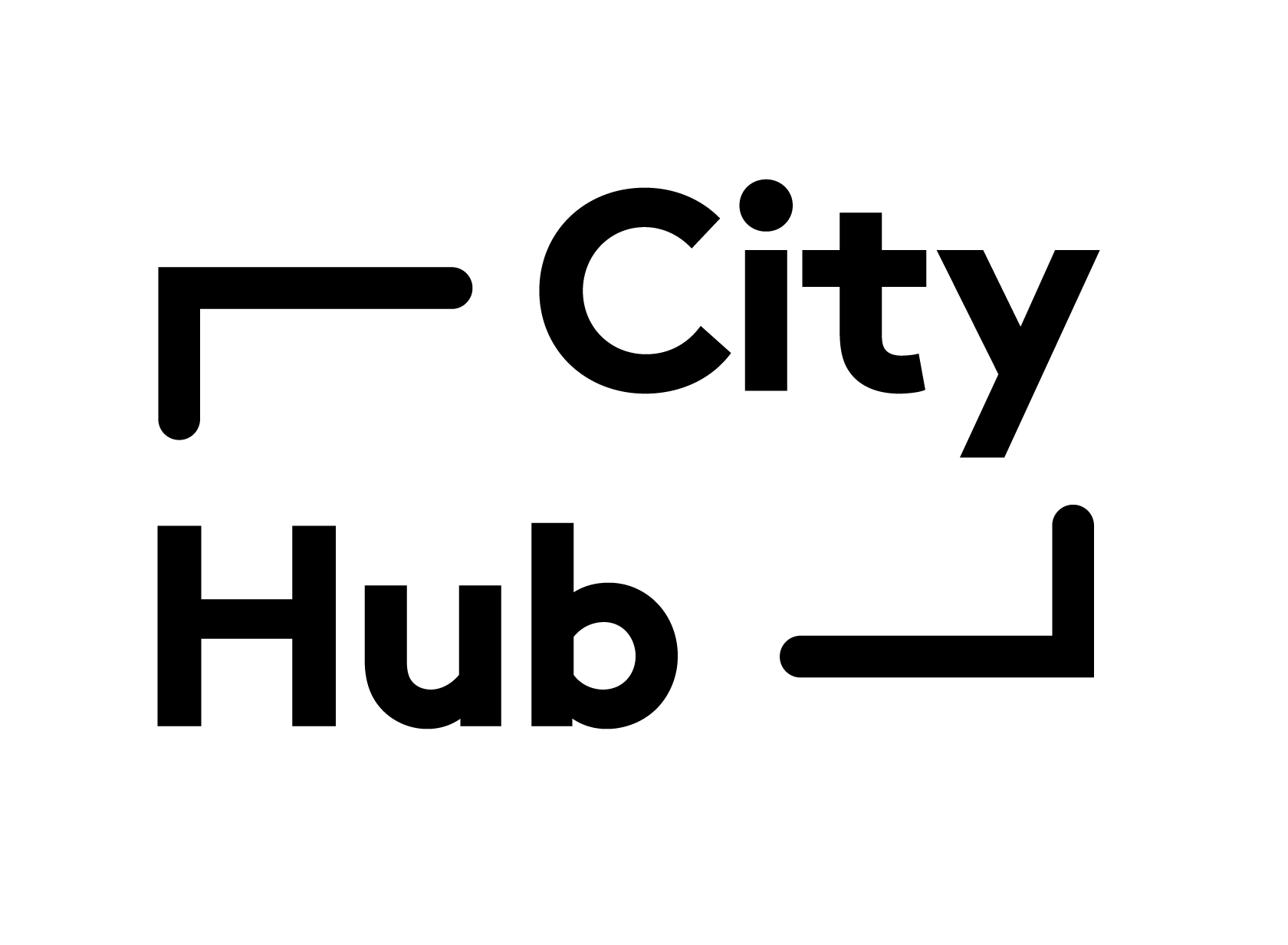

CityHub Holding B.V.

North Holland, Netherlands The
May 2024
Accommodation
Service with Significant Environmental Footprint
Denmark,
Iceland,
Netherlands The
CityHub is an urban lifestyle hotel brand that is reshaping the future of city stays for a new generation of travellers. We seamlessly blend cutting-edge technology, community-focused environments, and sustainable design to redefine and curate the contemporary hotel stay in the world’s most dynamic, connected cities. CityHub’s luxury pod-style hotels offer guests both the privacy of their own compact, modular Hub and the use of vibrant, premium shared spaces. Through a combination of innovative technology, guests enjoy the benefits of a modern, connected stay, but also have access to friendly CityHosts who provide ‘in the know’ insider hacks and knowledge so guests can enjoy the city like a local. Sustainability is also woven into the fabric of CityHub. From the use of repurposed, vacant buildings to a meticulous use of space that results in more than twice the number of rooms per square metre compared to a standard hotel, CityHub reduces each guest’s carbon footprint by 89% compared to the European average, without compromising on comfort or experience.
Overall B Impact Score
Governance 10.4
Governance evaluates a company's overall mission, engagement around its social/environmental impact, ethics, and transparency. This section also evaluates the ability of a company to protect their mission and formally consider stakeholders in decision making through their corporate structure (e.g. benefit corporation) or corporate governing documents.
What is this? A company with an Impact Business Model is intentionally designed to create a specific positive outcome for one of its stakeholders - such as workers, community, environment, or customers.
Workers 24.0
Workers evaluates a company’s contributions to its employees’ financial security, health & safety, wellness, career development, and engagement & satisfaction. In addition, this section recognizes business models designed to benefit workers, such as companies that are at least 40% owned by non-executive employees and those that have workforce development programs to support individuals with barriers to employment.
Community 19.6
Community evaluates a company’s engagement with and impact on the communities in which it operates, hires from, and sources from. Topics include diversity, equity & inclusion, economic impact, civic engagement, charitable giving, and supply chain management. In addition, this section recognizes business models that are designed to address specific community-oriented problems, such as poverty alleviation through fair trade sourcing or distribution via microenterprises, producer cooperative models, locally focused economic development, and formal charitable giving commitments.
Environment 23.7
Environment evaluates a company’s overall environmental management practices as well as its impact on the air, climate, water, land, and biodiversity. This includes the direct impact of a company’s operations and, when applicable its supply chain and distribution channels. This section also recognizes companies with environmentally innovative production processes and those that sell products or services that have a positive environmental impact. Some examples might include products and services that create renewable energy, reduce consumption or waste, conserve land or wildlife, provide less toxic alternatives to the market, or educate people about environmental problems.
Customers 3.1
Customers evaluates a company’s stewardship of its customers through the quality of its products and services, ethical marketing, data privacy and security, and feedback channels. In addition, this section recognizes products or services that are designed to address a particular social problem for or through its customers, such as health or educational products, arts & media products, serving underserved customers/clients, and services that improve the social impact of other businesses or organizations.